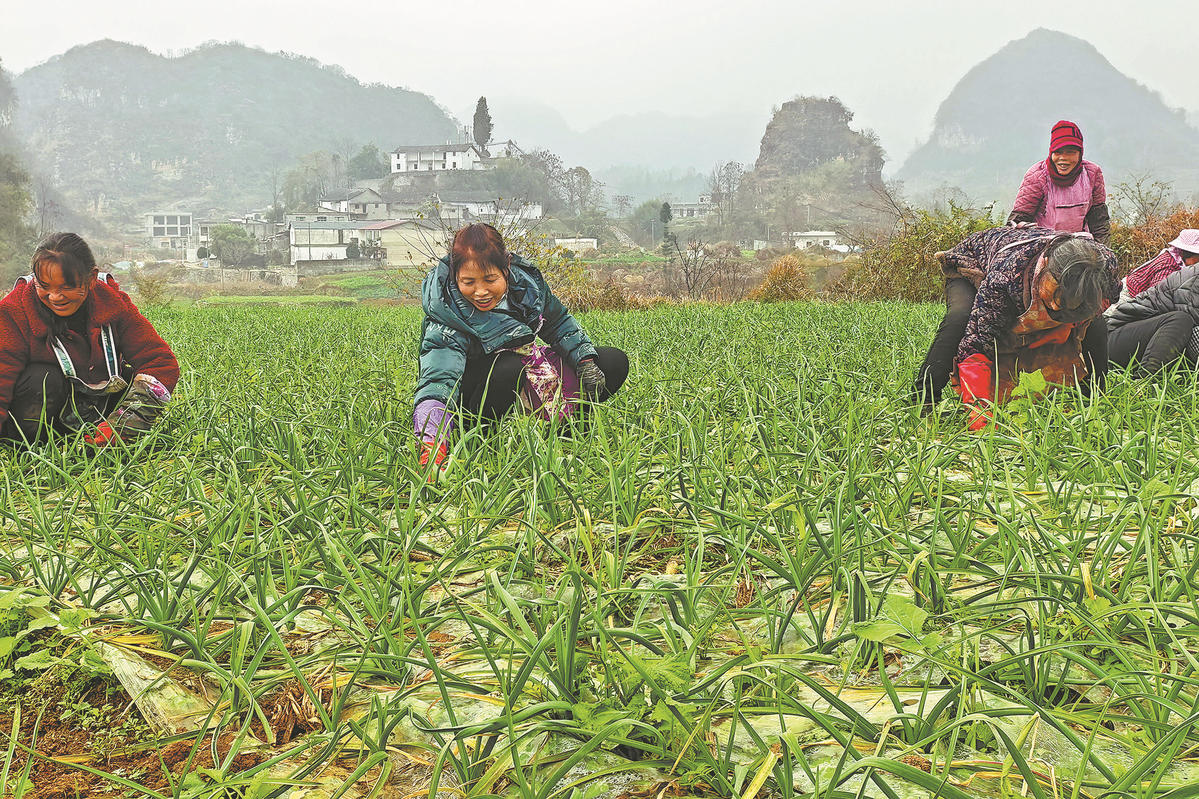The balance between sustainability and luxury

An environmental scientist and development economist who graduated from the University of Oxford, Janice Lao is the director of group corporate responsibility and sustainability of the Hong Kong and Shanghai Hotels (HSH), the parent company of the Peninsula luxury hotel.
Listed as one of the world's top female sustainability leaders by Forbes in 2018, Lao has more than 15 years of working experience in famous global think tanks in Asia, Europe and America. She joined HSH in 2017 to help the company, one of the world's oldest hospitality brands, come up with responses to today's pressing social issues.
In an exclusive interview with China Daily, Lao talked about the leading roles of luxury players in the hospitality industry and how it is possible to indulge in luxury without harming the planet.
How would you define sustainable luxury? Do you think there is a conflict between the concepts of sustainability and luxury?
The old concept of luxury is putting everything on the table for guests to choose, which I call "lazy luxury". I just give you everything without finding out who you are, and hoping statistically I will get it right. But the way we are heading today is not to bombard guests with, say, 10,000 types of fruits, but to personalize the experience. It is about being observant and finding out who are the guests, what they want, and anticipating their needs before they even ask for it. For us, luxury has to be done with intent.
Another element that allows the two concepts to work in harmony is to think long-term, probably starting from the building of the hotel and the type of materials that are used.
What do you think of the new regulation regarding disposable amenities in Shanghai?
We always knew that it was going to happen but it is a surprise to see it happening so quickly. We have been preparing for this for some time and think it's the way to go. We have had guests and corporates ask us questions about what we are doing about plastic use.
Shanghai is more advanced than other cities in this aspect. It's as if Shanghai leapfrogged and left other cosmopolitan cities in the dust. It also says a lot about China's ambition.
I also like how specific the regulation is as this saves us a lot of time from speculating and debating on the hidden meanings, which allows us to just focus on the solution.
Why do you think there are so many people turning a blind eye to environmental issues?
Frankly, science and facts are not the way to win people over. Facts don't change people's minds. If you are telling people to change their behaviors, they get very defensive. We have been too technical in the way we explain climate change. I think the discussion should be less about how our actions are bad, but more about how to make everything better. It's human psychology. We need to angle our discussion toward solutions.
On the other hand, I always tell people who are skeptical that they have little to lose if we have a more sustainable world with fresher air and cleaner water. That's the outcome of a greener world, and I don't see why people don't want it.
What role do you think China is playing on the global scale?
China will definitely lead the world in many environmental issues, simply based on its size and population. It is the most important market for big consumer brands. If China says, "If you want to do business here, this is the type of energy you have to use," can you imagine the type of impact it is going to have? It can definitely move markets and change behaviors.
The great thing about China is that it is very clear about what it wants. It's confident and committed. For countries and companies that are either making things for China or in China, they are definitely going to be impacted.


































